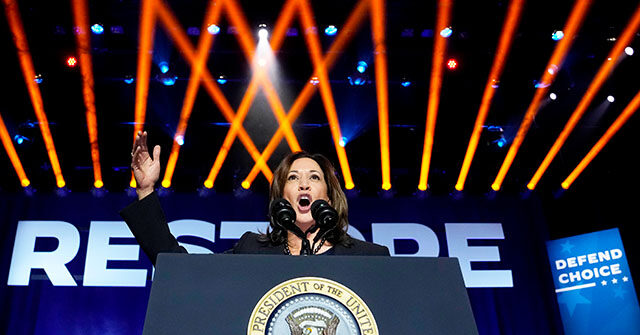Members of Congress have initiated an inquiry into the allocation of taxpayer funds to abortion providers over the previous three years. A group of lawmakers, led by Rep. Chris Smith (R-NJ), Sen. Marsha Blackburn (R-TN), Rep. Robert Aderholt (R-AL), and Rep. Claudia Tenney (R-NY), sent a letter to the Government Accountability Office (GAO) requesting a comprehensive investigation on federal funding awarded to organizations such as the Planned Parenthood Federation of America and the International Planned Parenthood Federation. The lawmakers emphasized their need for updated data regarding federal financial support for various domestic abortion providers, which include Federally Qualified Health Centers (FQHCs) and MSI Reproductive Choices, as they seek to better understand the scale of taxpayer funding to these entities.
The request for an investigation comes in response to previous GAO reports highlighting the significant amount of federal funds allocated to abortion providers. A notable report released in 2023 revealed that between 2019 and 2021, a total of $1.89 billion in taxpayer money was directed towards such organizations, including Planned Parenthood and MSI. The letter highlights the importance of proper oversight over public funds, claiming it is vital for evaluating the efficacy of services funded through taxpayer dollars. The authors expressed that acquiring comprehensive information on this funding would be beneficial for policymakers and the general public, contributing to greater transparency as Congress deliberates on future funding levels.
The letter garnered support from key congressional leaders, including House Speaker Mike Johnson (R-LA), Senate Majority Leader John Thune (R-SD), and House Majority Leader Steve Scalise (R-LA). Altogether, 81 members of the House and 31 senators endorsed the inquiry, indicating a substantial legislative interest in scrutinizing federal expenditures associated with abortion services. The request aims to generate a report for fiscal years 2022 to 2024, mirroring previous study patterns carried out by the GAO concerning funds allocated to abortion-related entities.
In conjunction with this congressional inquiry, prominent figures like Elon Musk and Vivek Ramaswamy have expressed intentions to significantly reduce taxpayer funding directed to progressive organizations, including Planned Parenthood. Both individuals have advocated for the formation of the Department of Government Efficiency (DOGE) to address perceived issues with government overspending. Musk and Ramaswamy outlined their plan in a joint op-ed, proposing a review of federal expenditures that exceed authorized amounts and could potentially be redirected towards more intended uses, especially against the backdrop of the ongoing debate regarding government efficiency and the role of federal funding in social programs.
The pair expressed skepticism about the ability of DOGE to manage substantial reductions in federal funding solely through executive action, citing legal limitations such as the Impoundment Control Act of 1974. This act restricts the president’s power to halt expenditures that have already been authorized by Congress. Musk and Ramaswamy worried that any attempts to navigate around this could face judicial challenges, particularly relevant under the current Supreme Court’s stance. Nevertheless, they remain hopeful about DOGE’s potential to challenge and reform the allocation of taxpayer dollars away from what they classify as unauthorized federal spending, particularly regarding the substantial financial support to progressive groups.
In summary, the congressional request for an investigation into federal funding for abortion providers reflects a broader conservative initiative to scrutinize the financial relationship between taxpayer dollars and social service organizations. As lawmakers seek greater transparency and accountability, figures such as Musk and Ramaswamy advocate for a more efficient use of funds through newly proposed governmental structures. The development of this inquiry underscores ongoing tensions in U.S. socio-economic policy regarding reproductive rights, federal funding mechanisms, and the broader narratives surrounding the role of government in social service provision.

